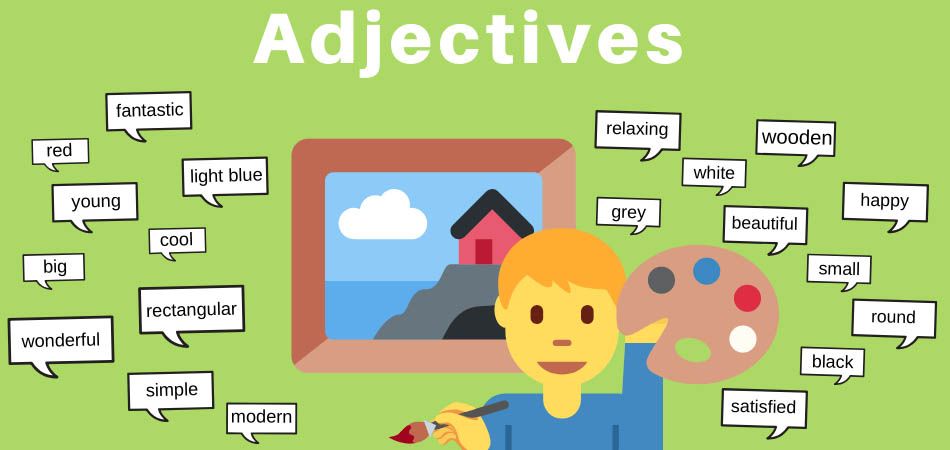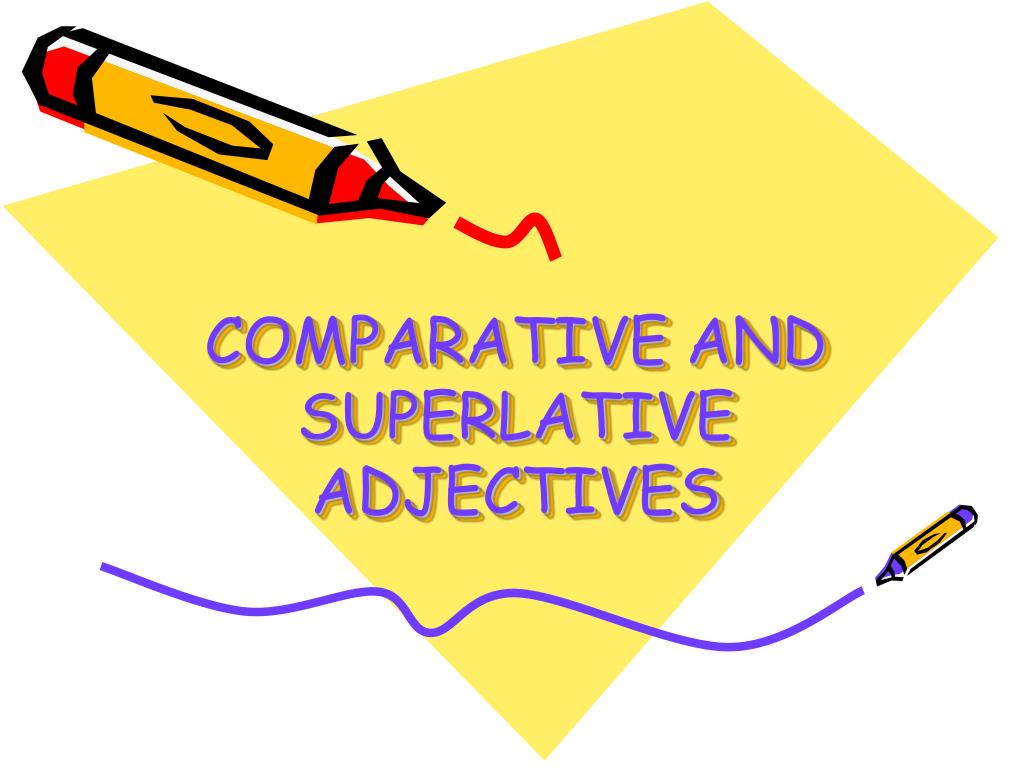Comparative and superlative adjectives are used to compare one or more nouns to each other, showing differences in degree or quality.

Comparative Adjectives:
- Definition: Comparative adjectives are used to compare two things. They show that one thing has a higher or lower degree of a certain quality than another.
- How They’re Formed:
- For short adjectives (one syllable or two syllables ending in -y), add
-erto the end of the adjective.- Example: Tall becomes taller.
- Example: Happy becomes happier.
- For longer adjectives (two or more syllables), use “more” before the adjective.
- Example: Beautiful becomes more beautiful.
- For short adjectives (one syllable or two syllables ending in -y), add
- Examples:
- John is taller than Mark. (comparison between two people)
- This book is more interesting than that one. (comparison between two books)
Superlative Adjectives
- Definition: Superlative adjectives are used to compare three or more things. They show that one thing has the highest or lowest degree of a certain quality among a group.
- How They’re Formed:
- For short adjectives, add
-estto the end of the adjective.- Example: Tall becomes tallest.
- Example: Happy becomes happiest.
- For longer adjectives, use “most” before the adjective.
- Example: Beautiful becomes most beautiful.
- For short adjectives, add
- Examples:
- John is the tallest in the class. (comparison among all the students)
- This is the most interesting book I’ve ever read. (comparison among all books read)
Key Rules to Remember:
- Spelling Changes:
- If the adjective ends in -y, change the y to i before adding -er or -est.
- Happy → Happier → Happiest
- If the adjective is short and ends with a consonant-vowel-consonant (CVC) pattern, double the final consonant before adding -er or -est.
- Big → Bigger → Biggest
- If the adjective ends in -y, change the y to i before adding -er or -est.
- Irregular Adjectives:
- Some adjectives have irregular comparative and superlative forms and don’t follow the usual rules.
- Good → Better → Best
- Bad → Worse → Worst
- Some adjectives have irregular comparative and superlative forms and don’t follow the usual rules.

Usage:
- Use comparative adjectives to compare two items, often with “than”:
- This chair is more comfortable than that one.
- Use superlative adjectives to show the extreme or highest quality in a group:
- She is the smartest student in the class.

Understanding comparative and superlative adjectives helps in describing differences and extremes, making comparisons clear and effective.
Learning activities:
Activity #1: Choose 2 people from your life (example: mom and dad) and think about as many differences as you can between them. Make sentences about them using comparative adjectives. For example: My mom is shorter than my dad.
Activity #2: Work in Pairs. Using superlative adjectives, make questions for your partner. For example, what is the quietest place you can think of? Where is the tallest mountain? Who is your nicest friend?
